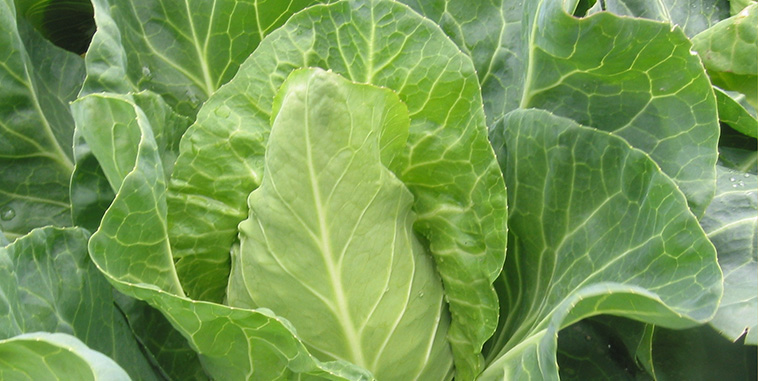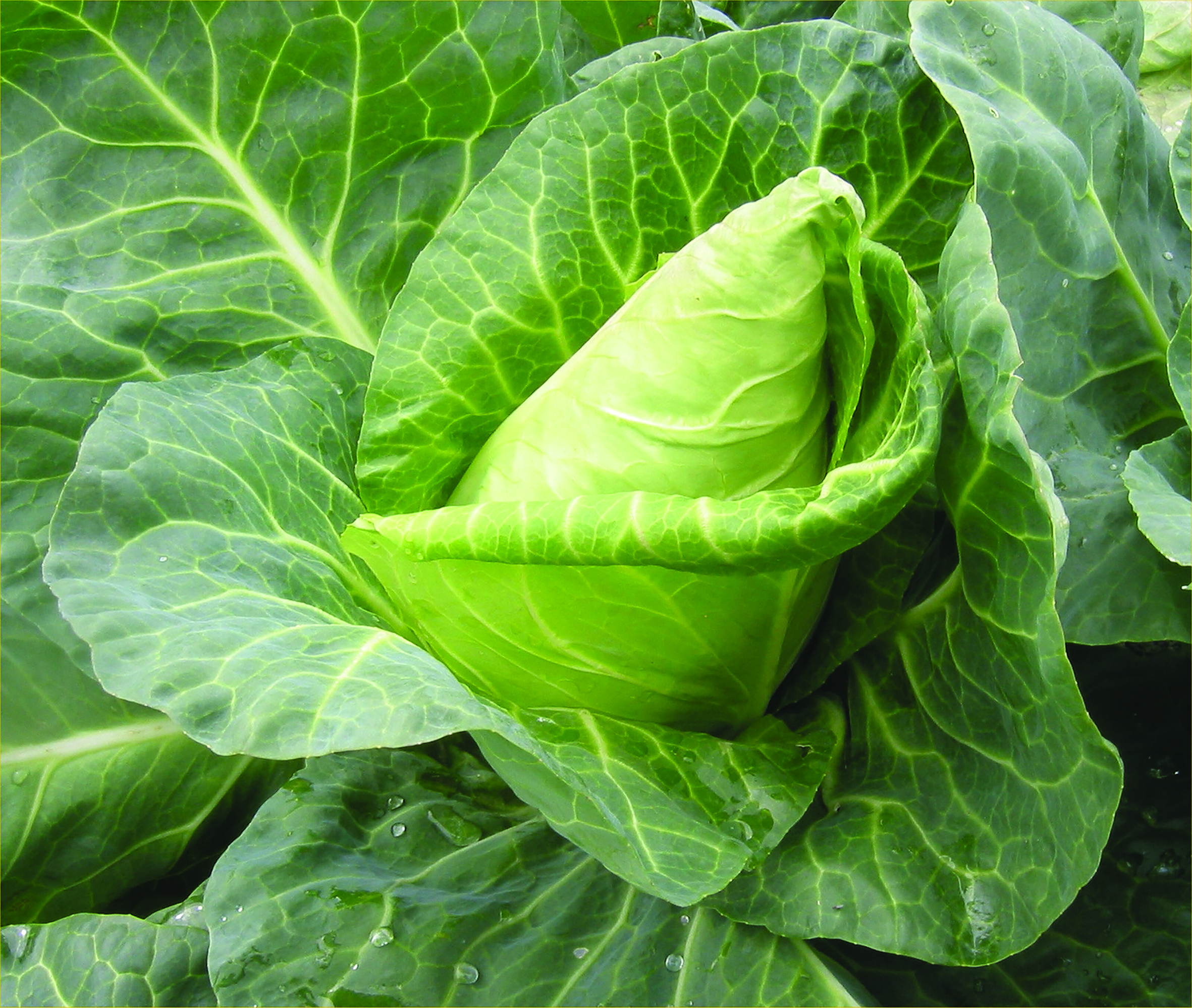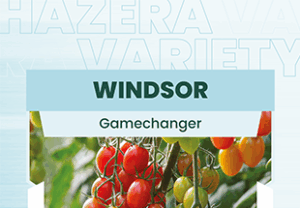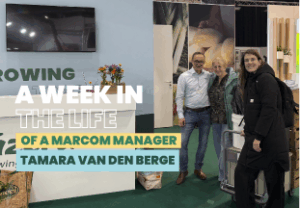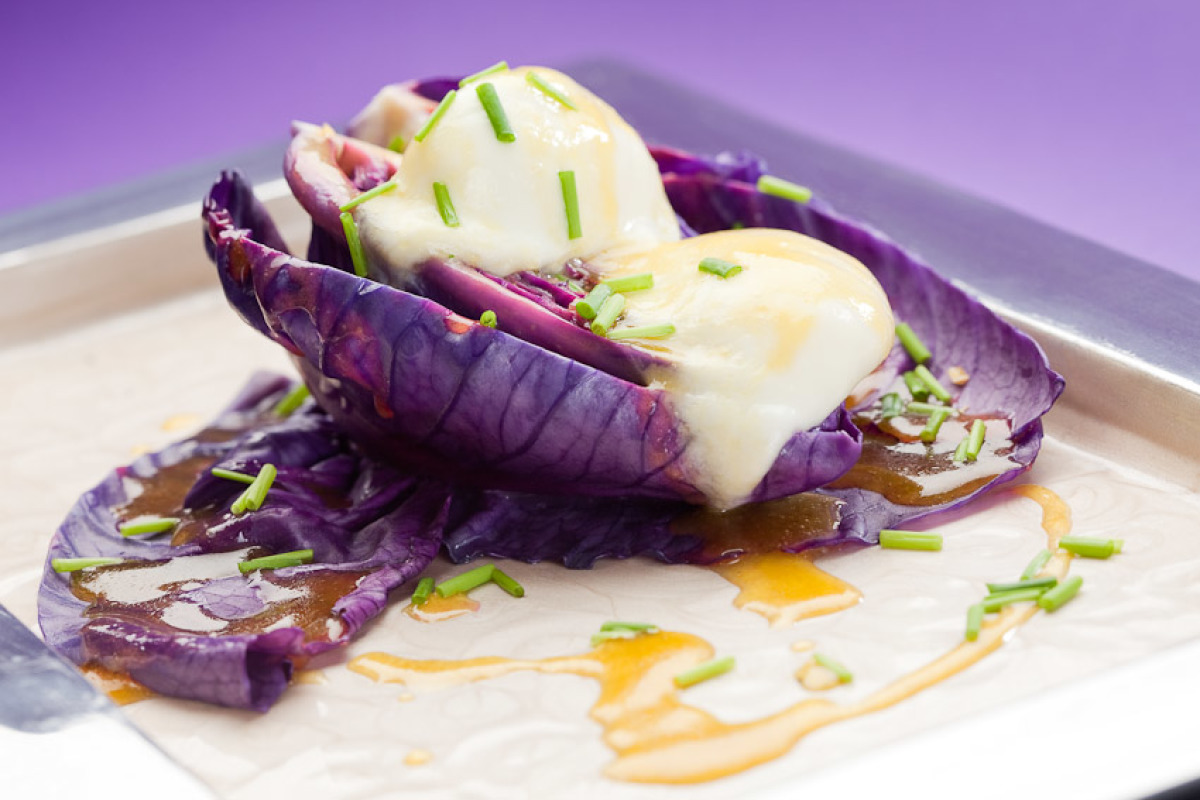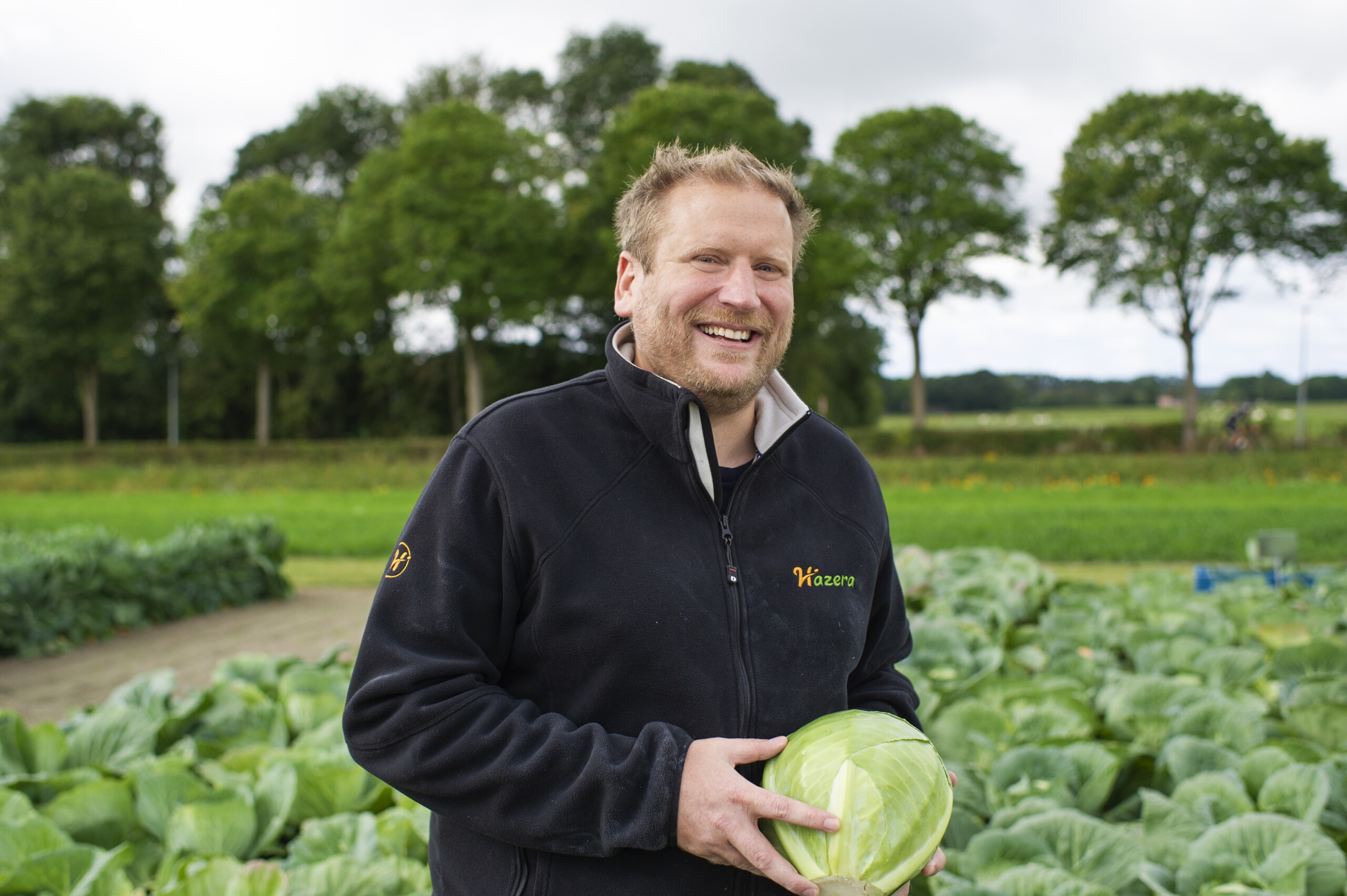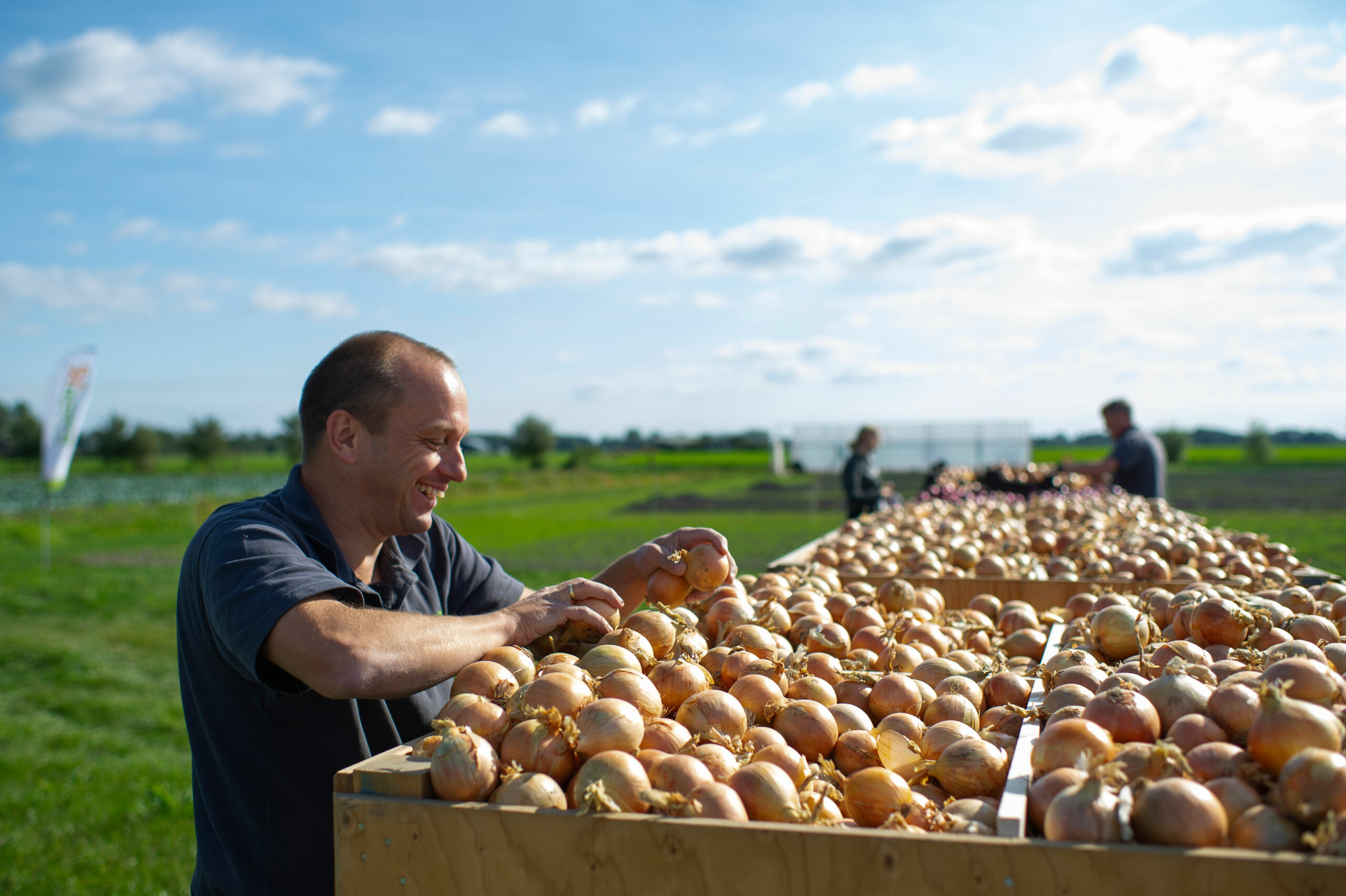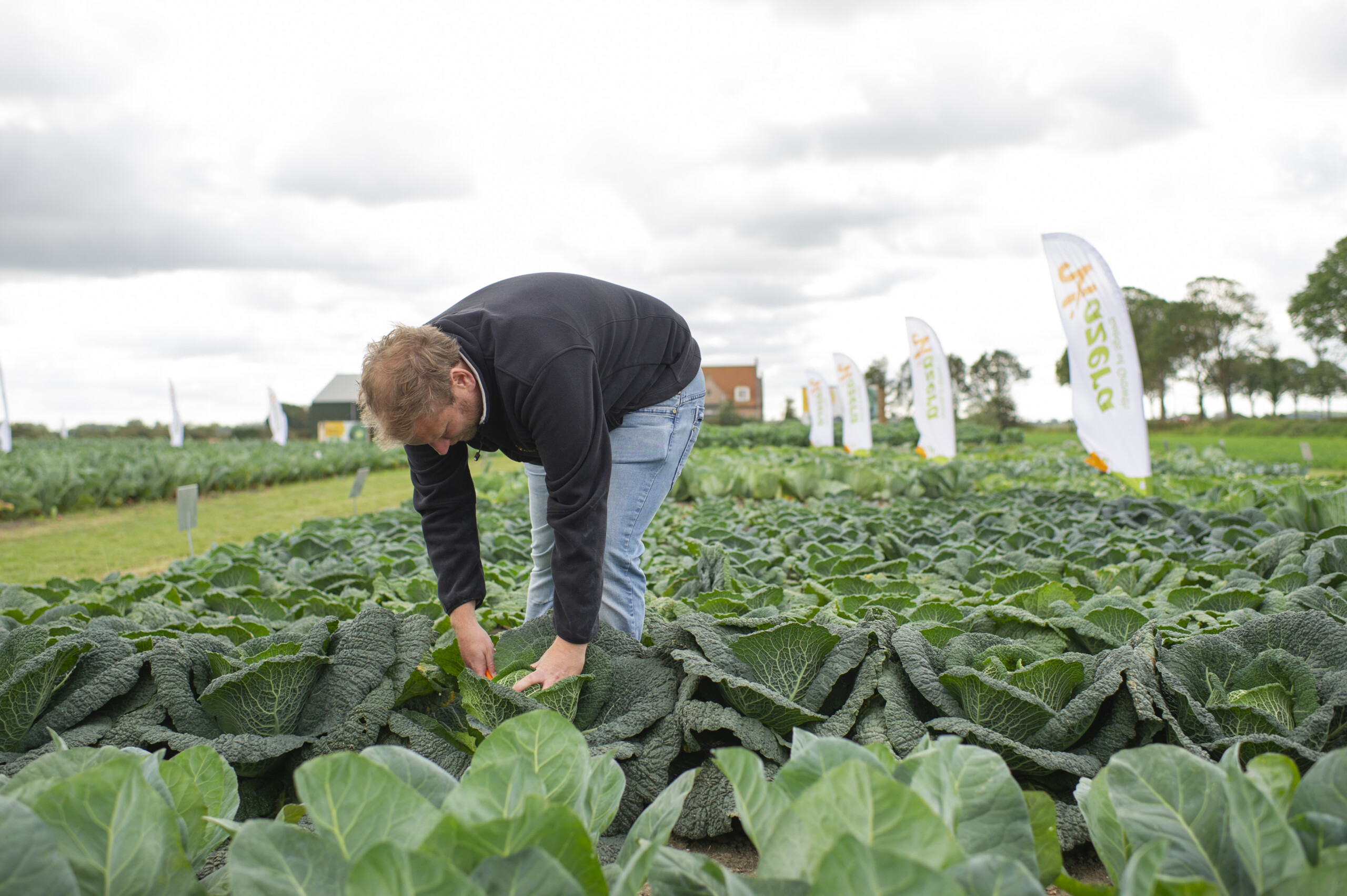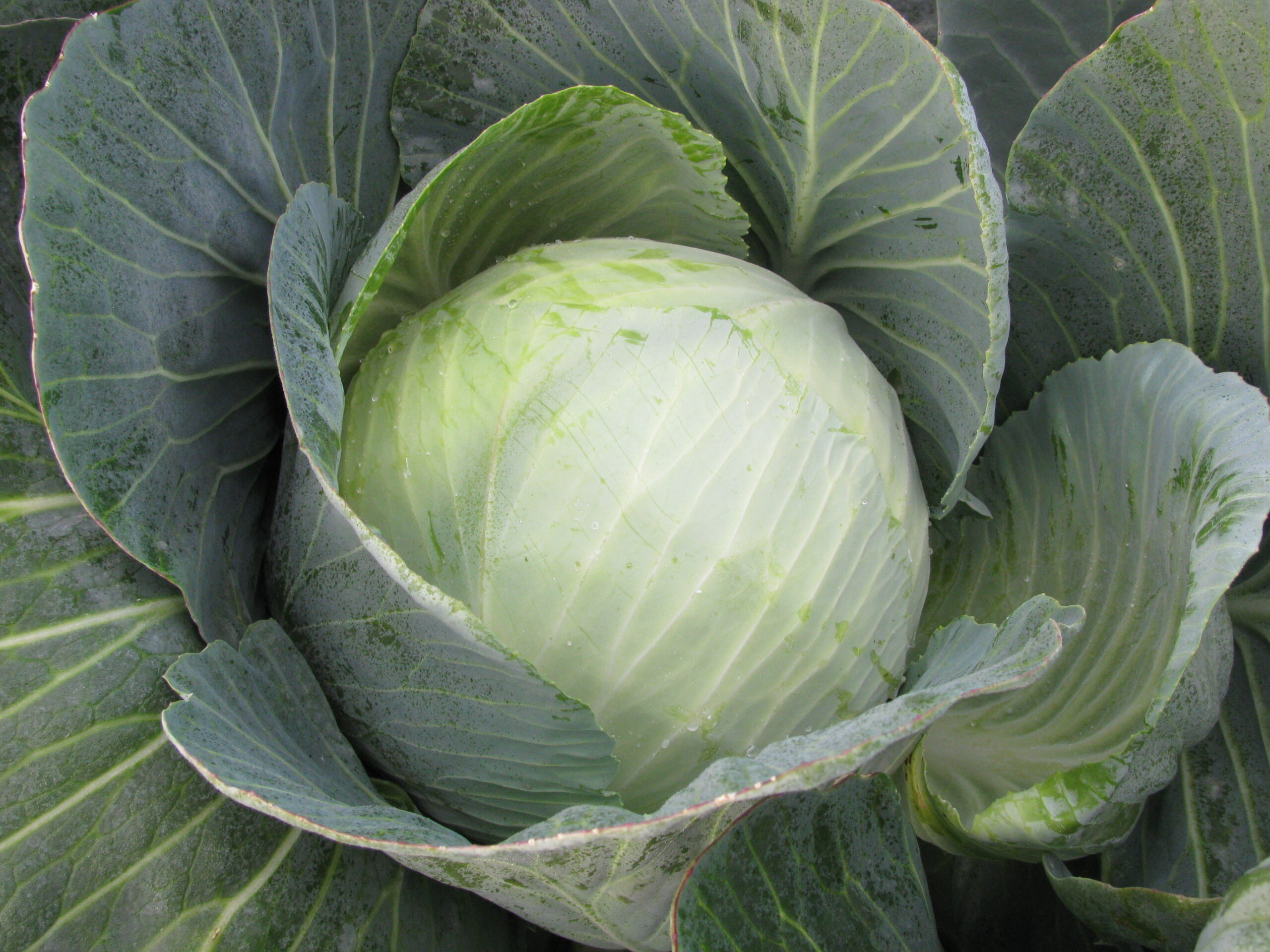Happy 30th birthday, Marshal! You are the pointed cabbage that has conquered the market with your fresh taste and quality.
At Hazera, everything is driven by our passion for innovation and our commitment to growers. We develop vegetable varieties that nourish communities and contribute to a strong and sustainable food system. The journey of Marshal, our groundbreaking pointed cabbage, is a testament to this dedication.
It all started with Duchy, the first pointed cabbage to make a significant impact in Western Europe. Developed in the 1980s, Duchy won the hearts of growers and consumers with its unique shape and natural sweetness, earning it the popular name “sweetheart cabbage.”
Growers saw the potential to extend Duchy’s availability and began storing it in cold storage, which extended the season by six weeks. This led to the need for a variety with even better storage qualities—one that would maintain its quality over a longer period. That’s when Marshal came into the picture.
Marshal was specifically developed to redefine the standard of storability. Unlike other varieties, Marshal retains its premium quality even after long storage. It has fewer yellow leaves, a firmer texture, and no black pepper spots. This breakthrough led to the creation of a new market segment: pointed cabbage designed for longer storage without compromising freshness or taste.
Our partners in the Netherlands contributed to Marshal’s success by using Controlled Atmosphere storage, where oxygen in the storage room is limited, and flowpacking techniques, which further extend its shelf life. Thanks to these innovations, Marshal became the retailer’s top choice, appreciated for both its consistency and quality.
“Marshal excels after Controlled Atmosphere storage; the lack of deterioration after opening the storage room is exceptional. Unlike other varieties that may show signs of wilting, yellowing, or loss of structure, Marshal maintains its fresh appearance, firm texture, and sweet taste, even after prolonged storage.” – Maarten Danenberg, Product Manager Cabbage and Brussels Sprouts.
Duchy laid the foundation, and Marshal has strengthened Hazera’s position in the pointed cabbage market. With the addition of Earl and Baron—varieties with improved plant health and better field performance—our portfolio continues to grow, offering tailored solutions for various markets.
Would you like to learn more about Marshal? Contact us!



